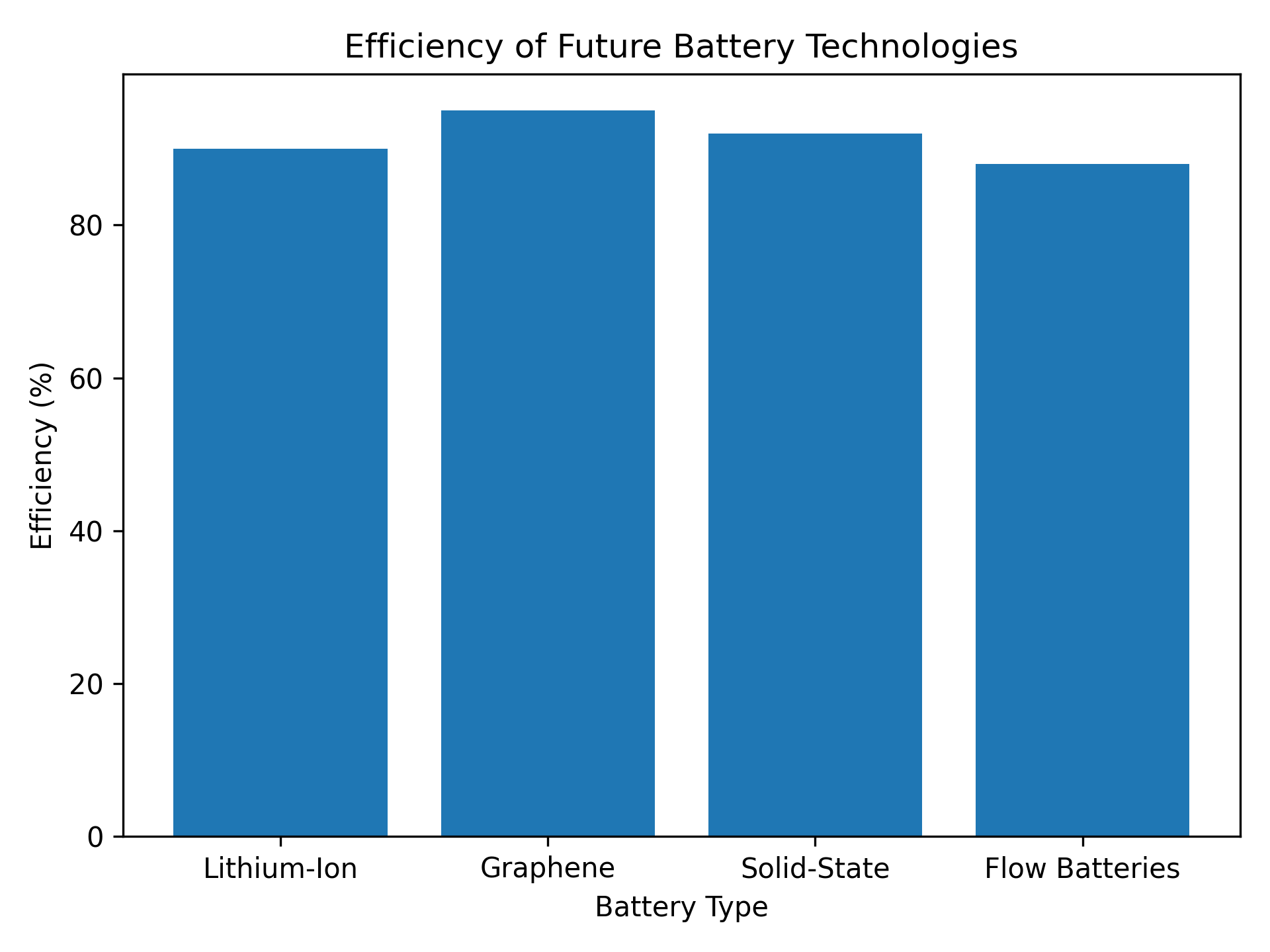Comparing Solar Panel Efficiency to Other Energy Sources 🌍🔌
Solar Brilliance in a World of Energy Diversity
In the ever-evolving landscape of sustainable energy, solar power stands as a radiant beacon of hope. As the demand for cleaner and more efficient energy sources intensifies, the comparison between solar panel efficiency and other energy sources becomes an illuminating journey toward a greener future. Welcome to this captivating exploration brought to you by ESS Solar, your guiding light in solar installations for both homes and businesses.
Understanding the Efficiency Spectrum
Solar Energy Efficiency: Transforming Rays into Power
Solar energy is the embodiment of nature's magnificence harnessed to fuel our energy needs. It's not just about capturing sunlight; it's about converting its brilliance into electricity with remarkable efficiency. Solar panels, adorned with photovoltaic cells, diligently absorb photons, releasing electrons and generating a clean current. Their efficiency, often measured in percentages, showcases how adeptly they transform sunlight into usable energy.
Fossil Fuel Energy Efficiency
Tapping into Earth's Ancient Reserves
Fossil fuels, though historically reliable, are facing scrutiny for their environmental impact. The extraction, transportation, and combustion of coal, oil, and natural gas generate energy but also emit pollutants. Their efficiency, measured in thermal units, tells us how much energy they yield per unit consumed. However, the equation also includes emissions, contributing to the ongoing climate challenge.
Nuclear Energy Efficiency
Splitting Atoms, Amplifying Power
Nuclear energy operates on the fascinating principle of nuclear fission, where atoms split, releasing an immense amount of energy. This energy, usually measured in megawatt-hours, is considered highly efficient in terms of electricity production. However, concerns about waste disposal and potential safety hazards have led to thorough deliberations over its long-term sustainability.
Advantages of Solar Panel Efficiency
Harnessing the Sun's Abundance
Solar power draws from the most abundant and predictable energy source available: the sun. It's an everlasting resource that doesn't deplete, ensuring a consistent supply of clean energy.
Reducing Energy Bills and Dependence
Solar panels empower property owners to generate their electricity, slashing electricity bills and reducing reliance on conventional energy grids. This energy independence also shields against future price fluctuations.
Mitigating Environmental Impact
Comparing solar panel efficiency to fossil fuels reveals a profound ecological difference. Solar energy produces no emissions, minimizing air and water pollution and curbing greenhouse gases, making it a vital tool in combating climate change.
Frequently Asked Questions (FAQ)
-
While solar panel efficiencies typically range from 15-22% for commercial products, this might seem lower compared to, say, the efficiency of natural gas plants. However, it's essential to note that solar panels directly convert sunlight, a free and abundant source, into electricity without any fuel costs or emissions.
-
"Better" can be subjective and depends on the context. Solar energy is renewable, abundant, and produces no greenhouse gas emissions during operation, making it environmentally favorable. However, factors like geographical location, energy storage, and initial costs can influence its feasibility compared to other sources.
-
Solar panels' efficiency, which represents how well they convert sunlight into electricity, typically ranges from 15-22% for commercial panels. However, research panels have achieved efficiencies over 40%. While this might seem low, the abundance and free nature of sunlight make solar a compelling energy source.
-
In terms of conversion efficiency, hydroelectric power plants and combined cycle natural gas plants are among the most efficient, often exceeding 50%. Nuclear power plants also have high efficiency rates. However, when considering factors like sustainability, environmental impact, and fuel costs, renewable sources like solar and wind become highly attractive despite their lower direct conversion efficiencies.
Elevating Solar Beyond Efficiency
Innovations in Solar Panel Efficiency
Advancements in solar technology have propelled efficiency rates to astonishing levels. From multi-junction cells to bifacial panels and smart tracking systems, the solar industry continuously elevates performance.
Commercial Viability
For businesses, the integration of solar energy not only aligns with sustainability goals but also enhances corporate image and attracts environmentally conscious customers.
Synergy with Storage Solutions
Pairing solar panels with energy storage solutions such as batteries magnifies the impact of solar energy. Excess power generated during peak sunlight hours can be stored and utilized during low-production periods.
Measuring the Metrics: Solar Panel Efficiency and Beyond
How Efficiency is Calculated
Solar panel efficiency is calculated by dividing the electrical power output by the energy captured from sunlight. Higher efficiency means more power is generated for the same amount of sunlight.
Looking Beyond Efficiency
While efficiency is crucial, the overall impact of an energy source also encompasses factors like availability, environmental impact, and economic feasibility. The holistic assessment guides decisions toward sustainable choices.
Conclusion
In the grand tapestry of energy options, solar power shines as a front-runner in the race toward a cleaner, more sustainable future. The remarkable efficiency of solar panels, coupled with their myriad benefits, makes them an indispensable part of the energy mix. As the world continues to transition from conventional to renewable sources, embracing solar energy is not just a choice; it's a commitment to safeguarding our planet and ensuring a brighter tomorrow.
Join us in our pursuit of a greener world, as ESS Solar leads the way in delivering efficient solar solutions that illuminate your life and empower the generations to come.





